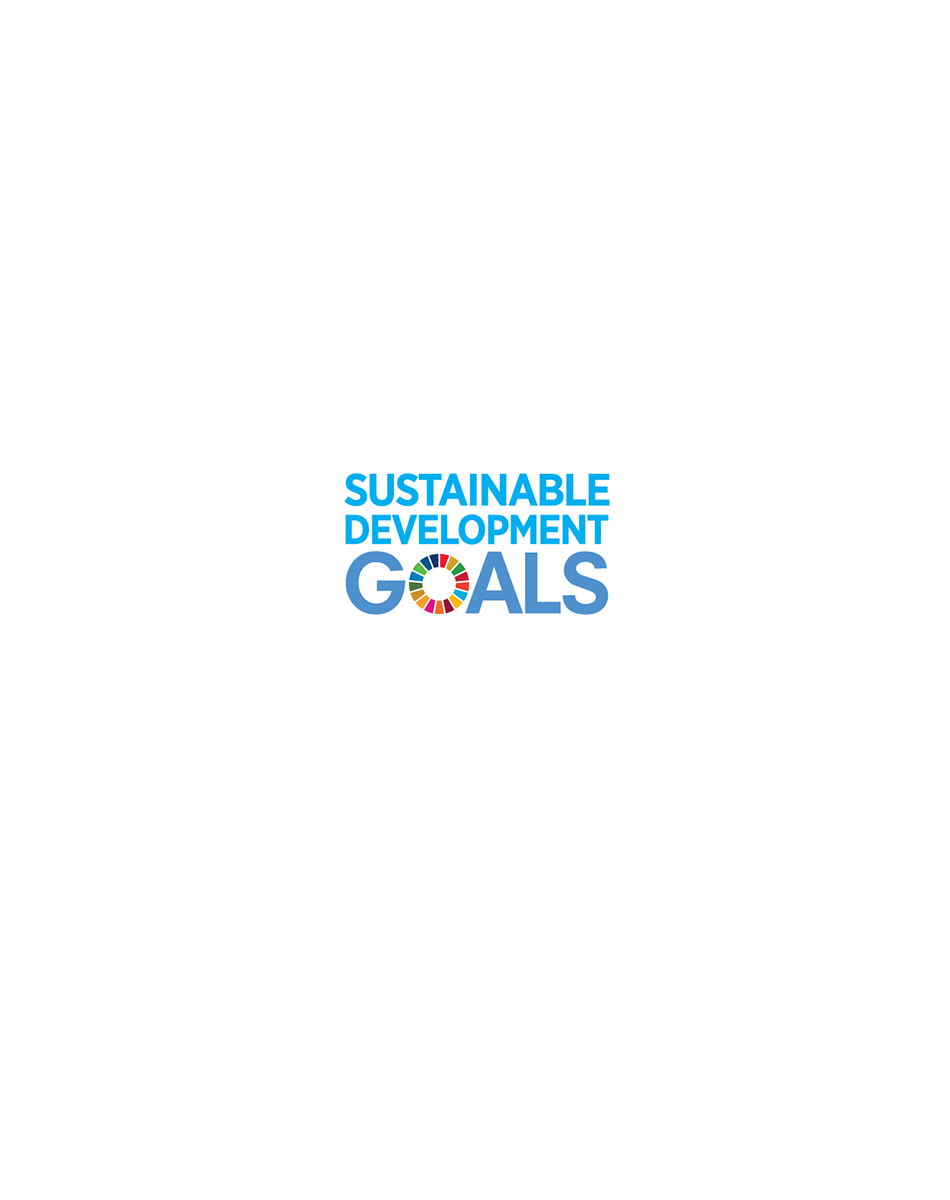Material Topics
ICL continually strives to be alert and evaluate the topics that are material for the company and its stakeholders, and to adjust its policies and reporting accordingly. The recent materiality analysis assesses the economic, environmental and social aspects that are of most interest. \
The scope of this report covers ICL’s efforts in relation to the material topics identified in our most recent analysis. It is based on the guidance laid out by the Global Reporting Initiative (GRI).
The Process
Material topics were identified using a three-phase process:
| Phase 1 - Identification | Phase 2 - Proprotozation | Phase 3 - Validation |
|---|
- Internal and external documentation, analysis, studies and benchmarking
- List of relevant topics to be considered
- Matrix of material issues by priority
- List of material issues to be included in the report
1. Identification
| Perspective | Sources |
|---|---|
| Relevance for the company | Notifications to investors and regulatory bodies |
| ICL policy documents, including its corporate strategy, code of ethics, social license to operate analysis and enterprise risk management | |
| Commissioned questionnaires completed by ICL's executives | |
| ICLג€™s Sustainability Team expert review" | - |
| Relevance for Stakeholders | Publicly available policy documents, position papers and other information from key stakeholders |
| Regular direct engagement with stakeholders (e.g. Community Advisory Panels and meetings and correspondence) | |
| Compilation of relevant correspondence by specific business units (e.g. Investor Relations, CR, Sustainability Team, etc.) | |
| Emerging issues for the chemical & mining sectors | Material issues from relevant organizations and reporting bodies (e.g. IFA, ICMM, GRI, CDP, SASB and local organizations such as MAALA) |
| Benchmarking of best practices by world-class peers | |
| Local and national economic, social and environmental context | Analysis of media and social networks |
2. Prioritization
The topics compiled in the previous stage were evaluated to determine which were material to ICL, through both qualitative and quantitative analysis as well as discussions on whether, and to what degree, they reflect a significant economic, environmental and social impact on ICL or substantively influence the assessments and decisions of ICL’s stakeholders.
The issues were then classified in a matrix with the material topics for ICL on an X-axis and the material topics for ICL’s stakeholders, on a Y-axis.
The material topics with high importance for ICL ( X-axis) were prioritized through a broad consultative process that weighed the compiled data.
A key component of the prioritization process included feedback from 50 Senior Leadership Forum members, representing the Company’s various business units, geographies and perspectives. Following this input, the ICL Sustainability Team assigned additional weight to key information from the Company’s agenda during the reporting period. This information included issues that were addressed extensively by the Board of Directors or the Company’s executives; policies, policy documents and procedures that were instituted or amended, significant investments that were made or involvement by the Company in a particular issue.
The material issues of high importance to ICL’s stakeholders (represented on the Y-Axis) were compiled from stakeholders’ requests for information, published materials and other forms of correspondence and engagement. In addition, topics that were emphasized by think tanks, industry-specific multiple stakeholder processes and CSR organizations, were also prioritized and given additional weight in the analysis.
Finally, a thorough review was conducted by the Sustainability Team headed by the ICL COO, in consultation with relevant corporate departments.
3. Validation
The matrix of material topics which resulted from the prioritization phase was discussed and examined by the team in accordance with the GRI Completeness and Stakeholder Inclusiveness principles.




